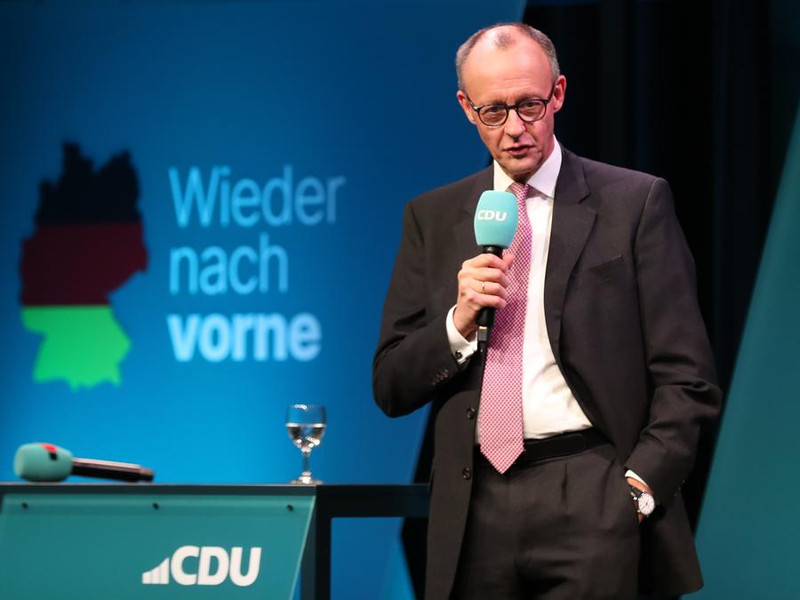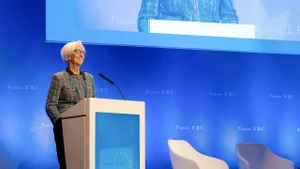The CDU/CSU and SPD have agreed on cabinet portfolios and nominated Friedrich Merz as chancellor, with the goal of reaffirming Germany’s strength and reliability as the “economic engine of Europe.” The coalition aims to implement reforms and invest in stability, safety, and economic strength.
Merz stated that Germany is ready to increase defence spending, while also improving trade competitiveness. He emphasised that Germany will once again become a strong EU partner and drive the Green Flag Alliance forward.
Germany’s economy faces major challenges amid shifting transatlantic security dynamics and increased pressure following the US announcement of reciprocal tariffs on EU and particularly German exports.
Prior to the coalition agreement, Merz achieved a key breakthrough by securing a 500-billion-EUR infrastructure and climate investment package, approved by the outgoing parliament, along with the relaxation of the “debt brake” rule. However, this has drawn criticism for breaching his campaign promises.
As the US’s largest EU trading partner, Germany posted a record 70-billion-EUR trade surplus with the US in 2024, making it potentially the hardest-hit EU country in the event of a trade war.
Experts warn that economic risks in 2025 are increasingly apparent, with Germany potentially facing a third consecutive year of recession. It is the only G7 economy not to have grown in the past two years, and its recovery was a central issue in the February election campaign. Analysts believe the CDU/CSU-SPD economic proposals fall short of expectations and call for bolder actions to boost investment and competitiveness.
In the coming months, the new German government has limited options to shield its export sector and broader economy amid persistently low consumer and business confidence. Surveys show minimal improvement in consumer sentiment.
According to the GfK Market Research Institute and Nuremberg Institute for Market Decisions (NIM), the March consumer sentiment index rose only slightly compared to February, remaining below expectations. Although income expectations and shopping outlook have slightly improved, rising household savings continue to hinder recovery.
Meanwhile, inflation is easing but prices remain high in several sectors. Gas prices in particular have surged following the conflict in Ukraine. Another growing concern is rising unemployment. In March alone, the number of unemployed rose by 26,000 to 2.92 million, the highest monthly increase since October 2024 and double initial forecasts.
With the Bundestag having passed major financial reform and the largest post-war spending package, the coalition agreement is seen as a positive step toward recovery.
However, analysts caution that any prospective recovery will not happen overnight. Germany’s new government must address many pressing issues to restore the country’s standing as Europe’s economic powerhouse.
















